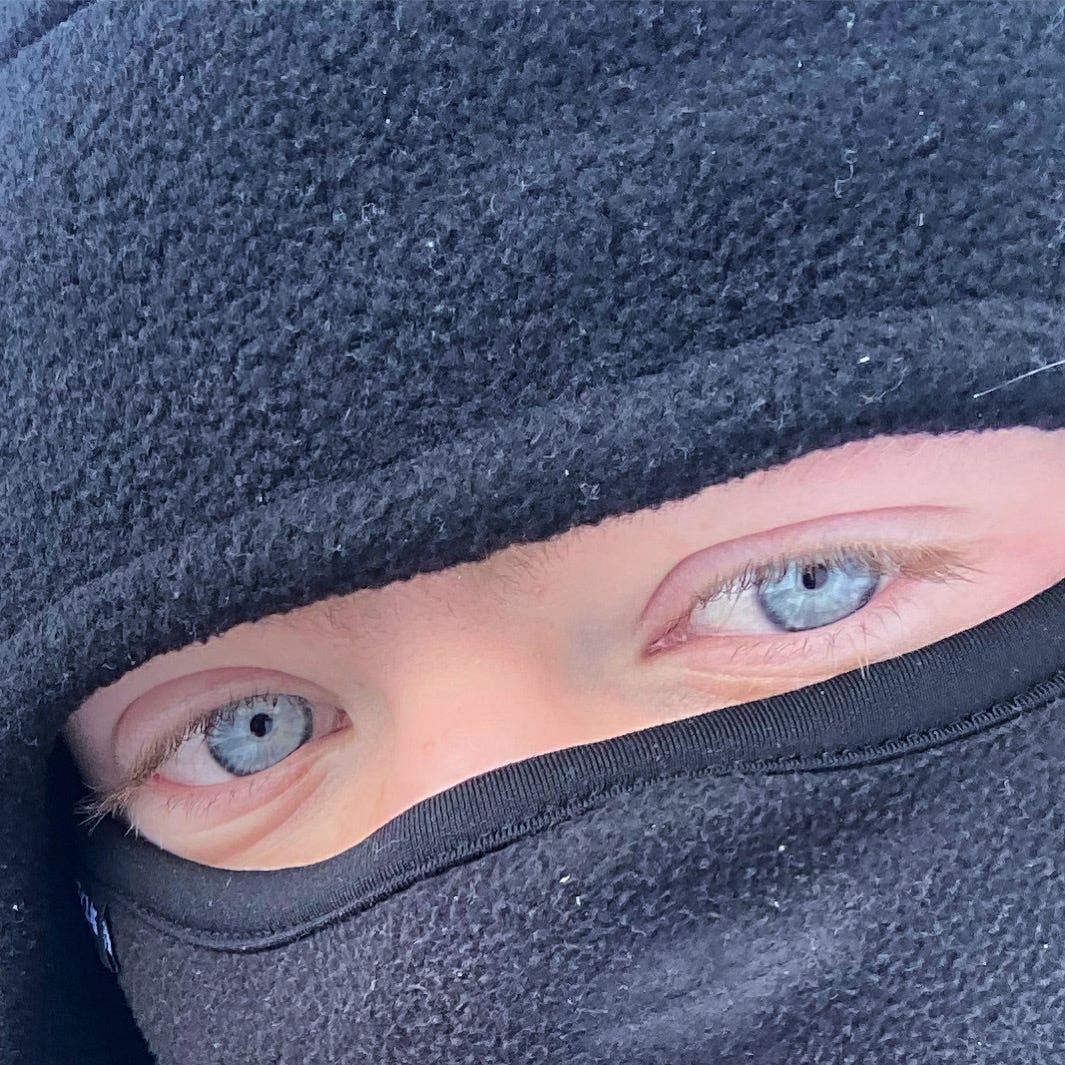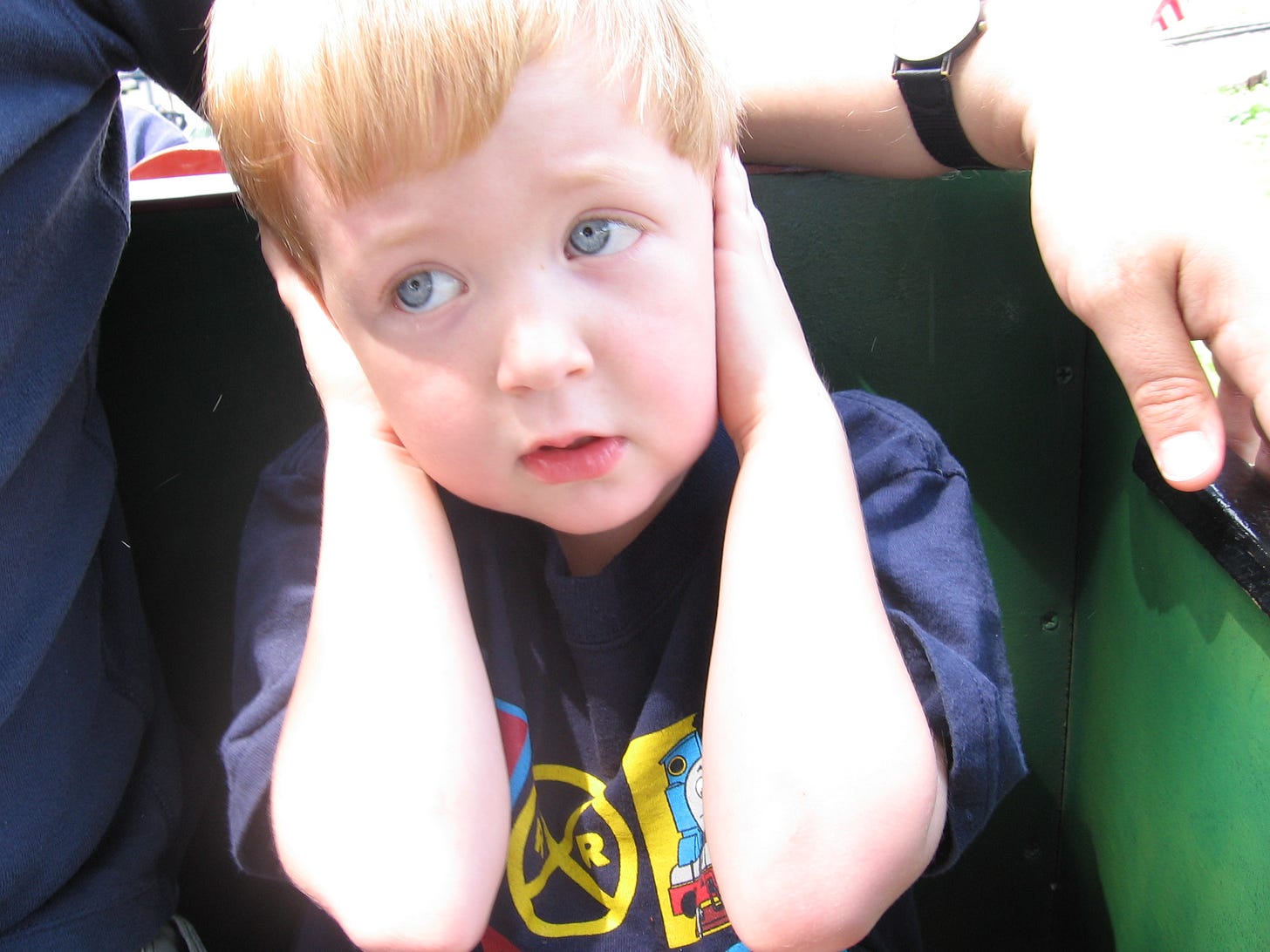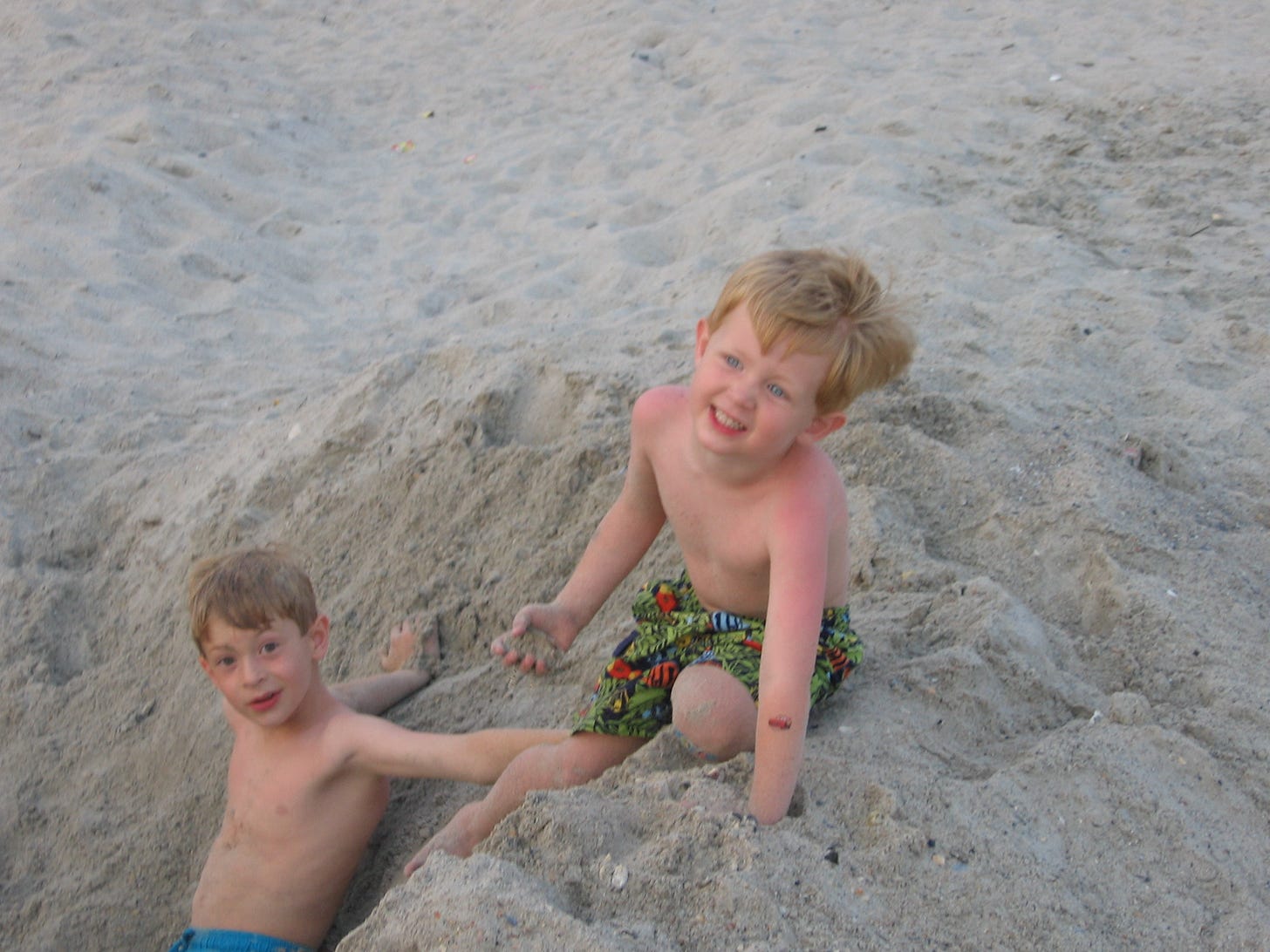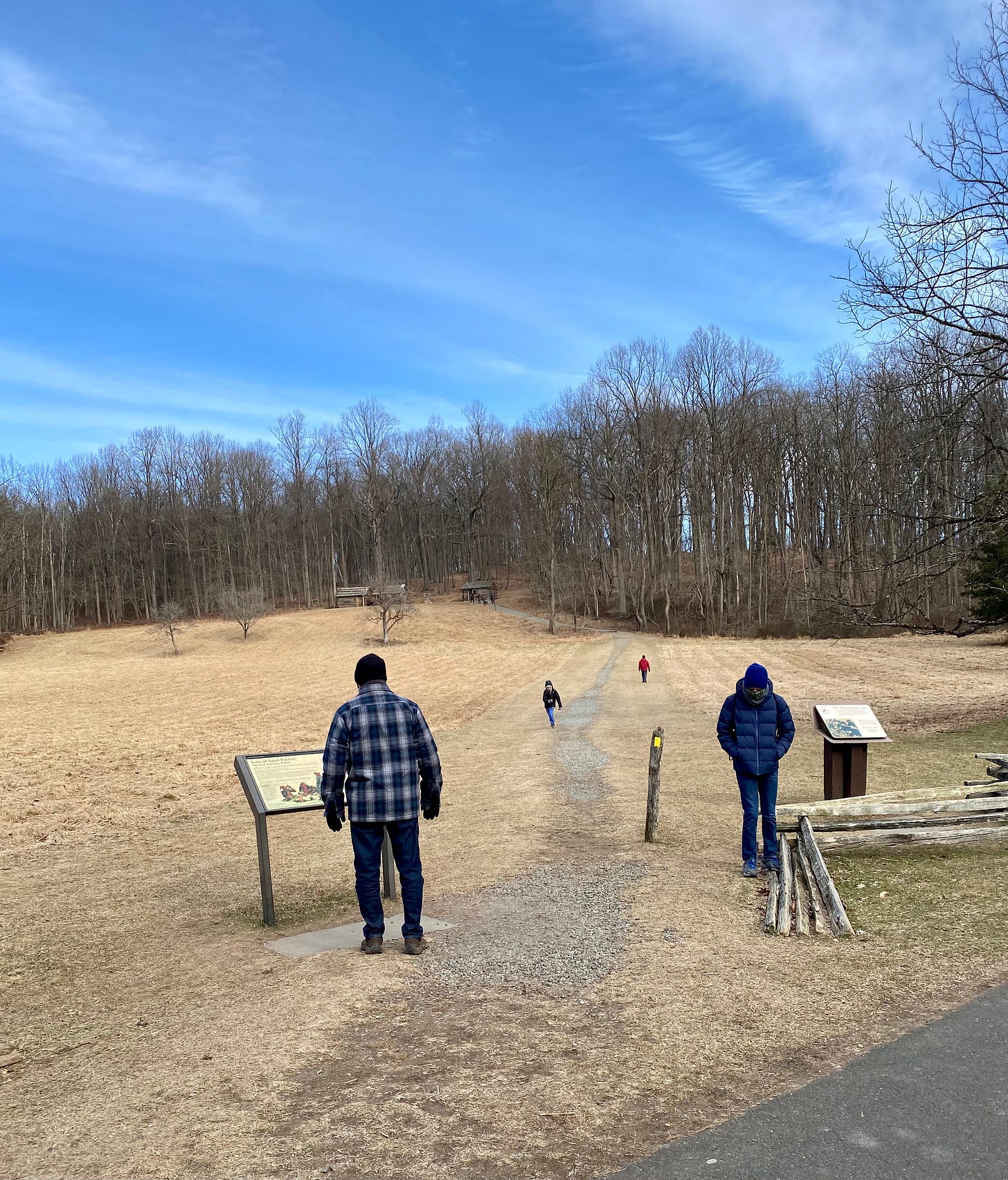Grandma's Cruise, Neuroplasticity, and Brains at Sleep
My grandmother lived in her own apartment long into her 80s. Despite a few bouts with cancer, she managed independent living okay. At the same time, she wasn’t the quickest on the draw all the time. It would take her a second too long to answer questions, and sometimes she might get a little confused. Grandma moved slowly and gingerly, though never used a cane. I suppose she was simply generic old.
To push my grandmother out of the comfort zone of her apartment, my aunt would periodically plop her on a weeklong cruise with her 90-year old sister, my grand-aunt Edna. After grandma’s boat departed from the New York City harbor, our families worried that Grandma wouldn’t be able to handle this new environment without the support of her daughters. Would she figure out how to reserve a table for dinner? Would she be able to navigate the boat? Would she take advantage of the shows and other events on the boat?
At the end of the first cruise, ten day later, Irene and Edna walked down the plank from the ship dragging their wheeled suitcases behind them. My aunt told me that they were so deeply engrossed in their conversation, they barely paused their conversation to say “hi” to my aunt and talked on the whole drive home. The ladies had, indeed, figured out the menus and locations of the dining rooms and pools. They had caught every show and lost money at the slot machines. They had a marvelous time.
Grandma came off that boat looking ten years younger. Why? She was stimulated and challenged. It was a giant marathon for her brain, and her brain loved it. Her old life involved too much solitary time watching 1940’s musicals on her video cassettes. During the cruise, she had a lively conversation partner and hundreds of new activities. From that anecdote, I decided that brains like to be challenged and stimulated, and that a sleepy brain can be awoken.
I leaned into that lesson many years later, when my two-year old wasn’t hitting his milestones for speech. I talked to Ian all day long. When he seemed too comfortable at home and cried at a loud parade, I took him along on every trip to the supermarket and to the mall. We went to the beach, museums, a new place every weekend. I didn’t let Ian retreat into his brain or the computer. I didn’t have much help back then; specialists were too expensive and we didn’t have a diagnosis of autism to qualify for free help from the state or the school district.
Later, after he was formally diagnosed with autism, I read about the notion of neuroplasticity — neural pathways in the brain can change through growth and excerise. An atypical brain can be rewired, if it’s forced to do mental pushups for hours and hours. In the autism world, parents now know that hours and hours of ABA therapy at an early age makes a difference. Because Ian was diagnosed too late, Ian never had that therapy — this parental failure will haunt me forever — but I hope that our homespun efforts helped him.
It’s not easy to constantly move and challenge a person, who really, really wants to retreat into his own private world of patterns and swirling numbers. When Ian was young, I declined great career opportunities, because he needed this attention. Things got easier as he got older — schools and private therapist did more — but I was still needed to find activities, drive him places, and constantly advocate for more, more, more.
When the pandemic shutdown schools and after-school activities last March, the house of cards that I built for Ian with various activities and therapies fell down. Everything closed. He had no contact with other people, who could challenge him. There was no place to go, no new experiences, no mental mountains to climb. Even trips to visit his grandparents stopped.
Again, I put work stuff aside, and my husband and I found new mental mountains to challenge Ian, and all of us, really. We drove to Vermont, North Carolina, and Lake George. With more travel restrictions in place right now, we are traveling to a new hiking spot every weekend. I have been cooking a lot, and encouraging both boys to help in the kitchen; getting your hands messy is great for the brain. I push everyone out of the house every day to walk around the neighborhood or to kick a soccer ball at the field. We socialize with people outside — zoom sucks — though it has gotten really hard in the past two months; it’s only 14 degrees outside today. We go to museums and try to find ways to be creative.
So much of the information that we get on the news is about things we should not do during this pandemic. We shouldn’t take elevators, shouldn’t go on airplanes, shouldn’t go inside people’s homes. Now, all that is true, and we have followed those restrictions.
But we have not gotten enough advice about what we SHOULD be doing. We should be experiencing new things, finding ways to interact with others, appreciating beauty. We should touch, smell, see. We need to open some new neural pathways and find ways to live well in the midst of a pandemic.
Without the support of schools or the community, I feel like I have returned back to the old days of helping the two-year old Ian without help from schools or therapists. It’s been nearly a full year all on our own. Schools and the state SHOULD be setting up new plans and programs to help folks like us.
Lots of chat here about the suckiness of Jonah’s canned YouTube classes. Half of his classes this year are YouTube videos where the professor reads his powerpoint slides. So, so, so boring, and so, so, so difficult to actually talk to someone in-person about the class. But at least none of his professors are actually dead.
With Trump out of the White House, the press is finally more comfortable pointing out the fact that closed schools are really bad for kids. I think we need plans going forward to help the kids that were most negatively impacted this year. In fact, I got on my soap box about this at Monday’s school board meeting. At the 74, Robin Lake wrote an opinion piece with the same these.
On the blog, I wrote about our recent weekend adventures with my family.







